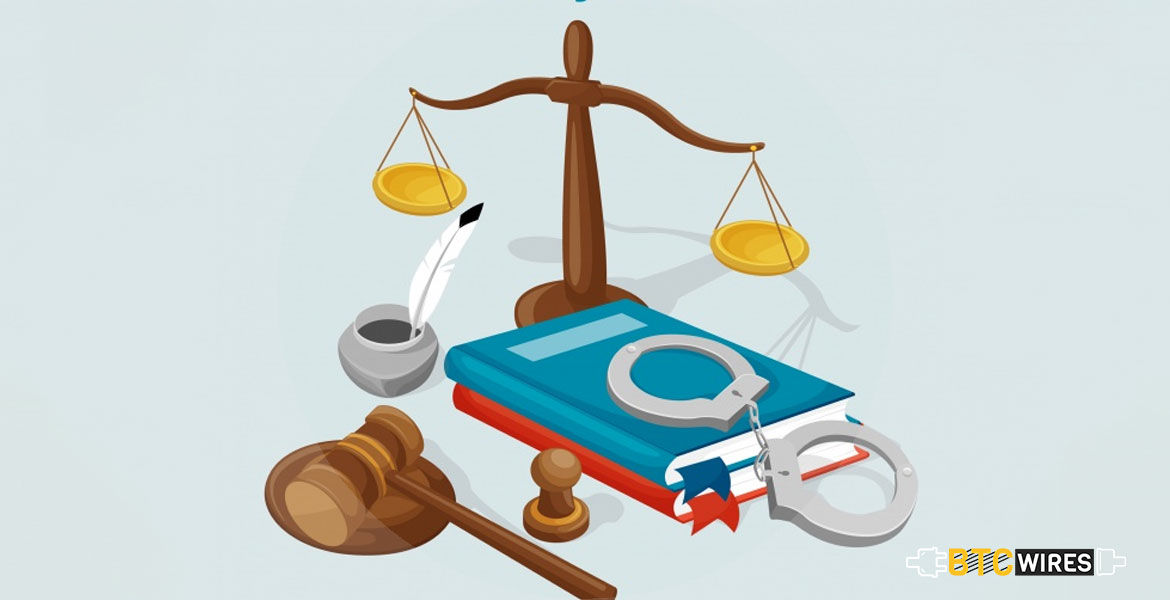It comes with no surprise that cryptocurrencies are one of

It comes with no surprise that cryptocurrencies are one of the largest unregulated markets in the world today. It’s been found that nearly one-quarter of bitcoin users and one-half of bitcoin transactions are linked with illegal activity. Around $72 billion of illegal activity every year involves bitcoin, which is near to the scale of the US as well as European markets for illegal drugs. The illegal share of bitcoin activity reduces with mainstream interest in bitcoin and with the rise of more opaque cryptocurrencies. The methodologies developed in this paper have applications in cryptocurrency surveillance. The findings recommend that cryptocurrencies are changing the way black markets operate by helping ‘black e-commerce’.
Cryptocurrencies, like Bitcoin, are gaining traction in terms of a source of funding for terrorist groups, for example, the self-proclaimed Islamic State. Islamist militants in Indonesia funded for terrorist activities with money received in the form of Bitcoin in January 2017, which is presently the most popular cryptocurrency. This was not an isolated incident: the Mujahideen Shura Council – active in the Gaza Strip and thought of as a foreign terrorist organization by the US since 2014- also inaugurated a Bitcoin campaign previous year, inviting protagonists to donate money for buying weapons. Terrorists are starting to discover the use of cryptocurrencies, and counterterrorism policies need to respond accordingly.
Cryptocurrencies are increasing in popularity owing to the anonymity to both sender and recipient. In simple words, it’s quite challenging to trace who is transfering the money to whom and for what purpose. Ideally, there is a completely distributed ledger, blockchain, which records every Bitcoin transaction. However, the public ledger retains users’ anonymity. Considered by some as the new frontier in terrorism fundraising, the certain Bitcoin use has grown exponentially over the last eight years, increasing from an average of 100 regular transactions in 2009 to 282,000 in 2017 so far.
Cryptocurrency transfers can be used for legitimate purposes and there is no second thought in this regard. But the anonymity and decentralized nature of cryptocurrencies make them appealing for financing illegal activities. Though cryptocurrency transfers are trusted ways to move money, but the direct transfers, convenience and near instantaneous transactions make Bitcoin far more alluring to nefarious actors.
Recent improvements to Bitcoin’s anonymity can encourage illegal activities further. Some of the original Bitcoin wallets allowed some kind of partial anonymity, but the transactions could be traced. In the last couple of years, companies like BitcoinFog, Samurai and DarkWallet have put their focus on developing a Bitcoin wallet that provides not only complete anonymity but also make the transactions virtually untraceable. These ‘dark wallets’ could be major resources in terror finance, indicating a serious hurdle to the governments in preventing terrorists’ cash flows.
Some people argue that, in spite of improved technology, Bitcoin donations will keep on having little impact on the terrorists’ revenue as most groups fund their operations firstly via a combination of charities, taxing the territory they control, extortion or state sponsorship. Since groups like the Islamic State lose territory in Iraq as well as Syria, they will be obliged to discover alternatives and put their focus on generating more foreign investment from the individuals or front charities, which are the payments that cryptocurrencies like Bitcoin are well-suited to facilitate.

